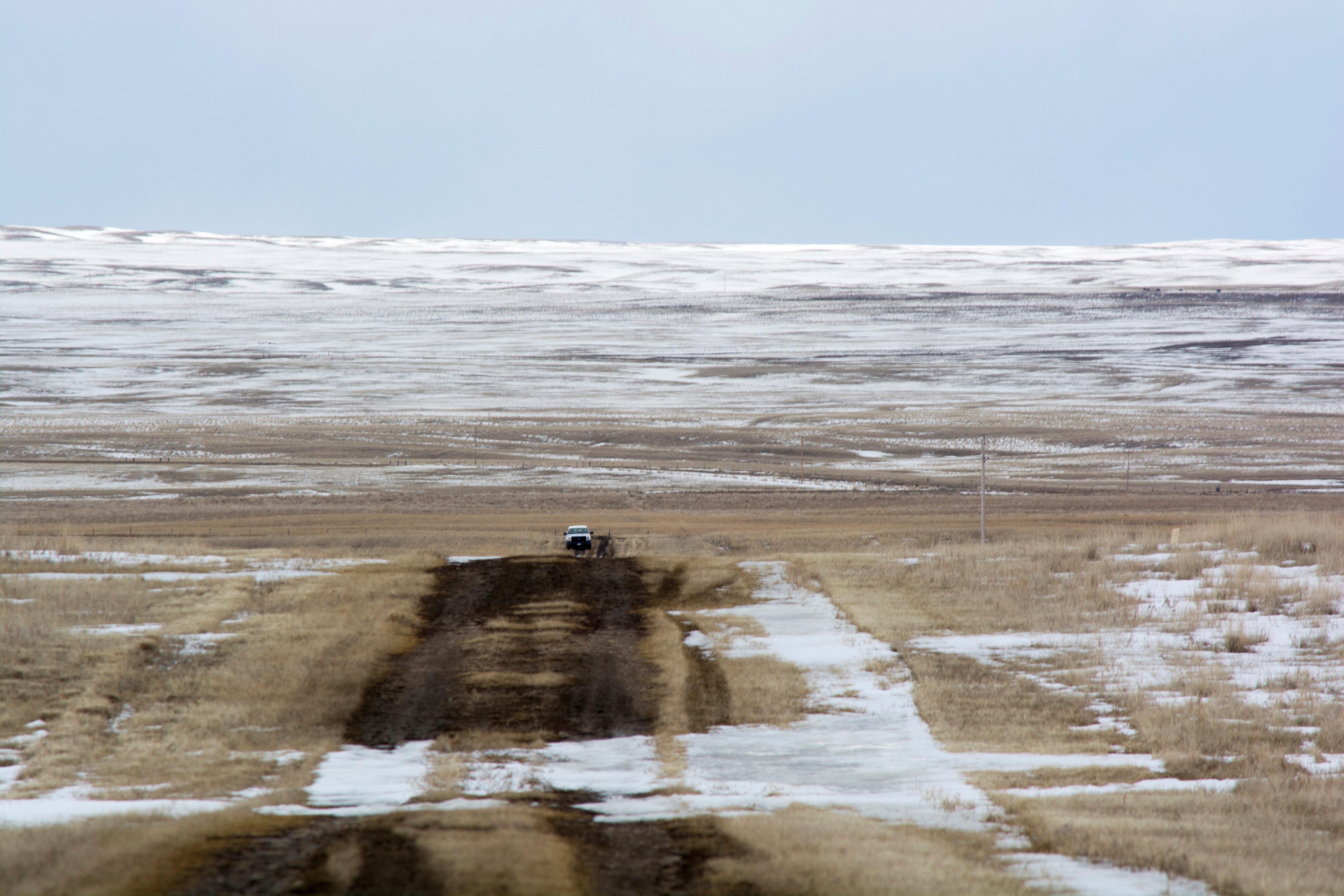The Keystone XL pipeline is dead. Now Biden has a choice to make
The Biden administration’s approach to fossil fuels is all over the place. If he doesn’t declare a climate emergency soon, it’ll be too late


Back in the summer of 2011, when we organized the first sit-ins against the Keystone XL pipeline, the National Journal conducted a poll of its “energy insiders” to get their expert opinion on the project. 93 percent of them said that it would be built within the year.
How the tides have turned. Late yesterday afternoon, after ten years of protests and delays, TC Energy finally threw in the towel on Keystone XL, giving up on their plans to build the 1,700 mile pipeline from the tar sands of Alberta to the Gulf of Mexico.
For climate activists, Indigenous leaders, and farmers and ranchers along the pipeline route, the victory is a long time coming. Many of us have been battling Keystone XL for over a decade now and there were times where it felt like we could be stuck fighting the project for decades more.
But something changed over the last 12 months that made this ultimate victory over Keystone XL possible — and that sets us up for many more wins to come. The climate justice movement became a political force to be reckoned with.
Back at the start of the 2020 election, there was a good chance that climate was going to be at the bottom of the priority list. The myth among political consultants was that climate was a “losing issue,” and that in Democrats’ quest to defeat Donald Trump, they should avoid it at all costs.
Climate activists, especially young people with groups like the Sunrise Movement, knew better, and they fought hard to make climate action and taking on the fossil fuel industry key issues for the progressive base. By the time of the Democratic debates, there was no doubt that whoever became the party’s standard bearer would have to make climate a top priority. When Joe Biden ultimately seized the nomination, one of his first steps was to invite Sunrise and other climate justice advocates to the table to talk about how he could make climate a central focus of his administration.
Those conversations helped lay the groundwork for Biden’s first executive order on climate, an order that rejected the permit for Keystone XL, dooming the pipeline once and for all. But they didn’t solve the challenge of convincing the Democratic Party that standing up to the fossil fuel industry was good politics (along with being essential for climate progress).
The result has been a schizophrenic approach to fossil fuels by the Biden administration. One day they’re defending oil leases in one part of Alaska, the next day they’re banning drilling in the Arctic National Wildlife Refuge. One day they’re talking about the need for international leadership on climate, the next they’re promoting US natural gas exports.
Sometimes in politics you can have your cake and eat it too, but when it comes to climate, there’s no way to be a climate leader and still promote fossil fuels: the atmosphere simply doesn’t allow it. As numerous scientific reports have shown, we can’t keep global warming below 1.5 degrees, the stated goal of the Biden administration and the Paris Climate Agreement, and still be developing new fossil fuels. When it comes to oil, gas and coal, we have to keep it in the ground.
That’s why climate justice activists across the country are now focused on pressuring President Biden to use his executive authority to declare a climate emergency and stop all new fossil fuel projects. And they’re not just waiting around for him to take action: earlier this week, thousands of people joined Indigenous water protectors in Northern Minnesota to protest Line 3, another tar sands pipeline like Keystone XL. The message on their placards was simple: President Biden, it’s time to act.
Line 3 is one of dozens of fights that are taking place against fossil fuel projects across the country, from pipelines, to fracking wells, to LNG export terminals. These are the new barricades in the climate battle, the frontlines in the fight for our planet. And they’re the fights that President Biden is going to have to grapple with if he wants to make good on his promise to be a climate leader.
In 2020, the climate justice movement found its political voice. In 2021, we’re taking that political energy to the frontlines of the battle against fossil fuels. It’s time for politicians to join us. President Biden took the first step in his rejection of Keystone XL. Now it’s time to finish the job and say no to all new fossil fuel projects once and for all.
Jamie Henn is the director of Fossil Free Media
Join our commenting forum
Join thought-provoking conversations, follow other Independent readers and see their replies
Comments
Bookmark popover
Removed from bookmarks